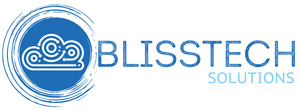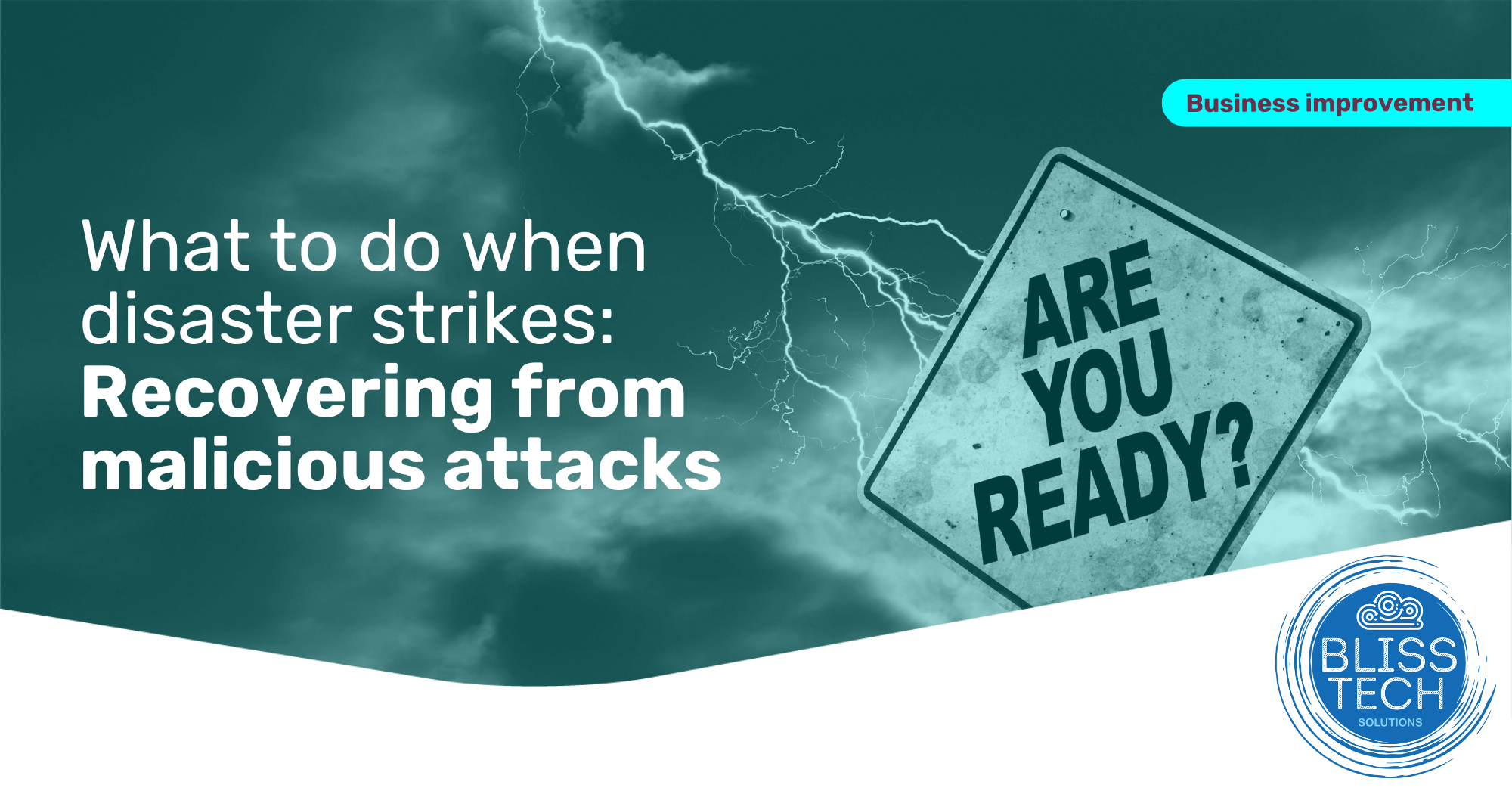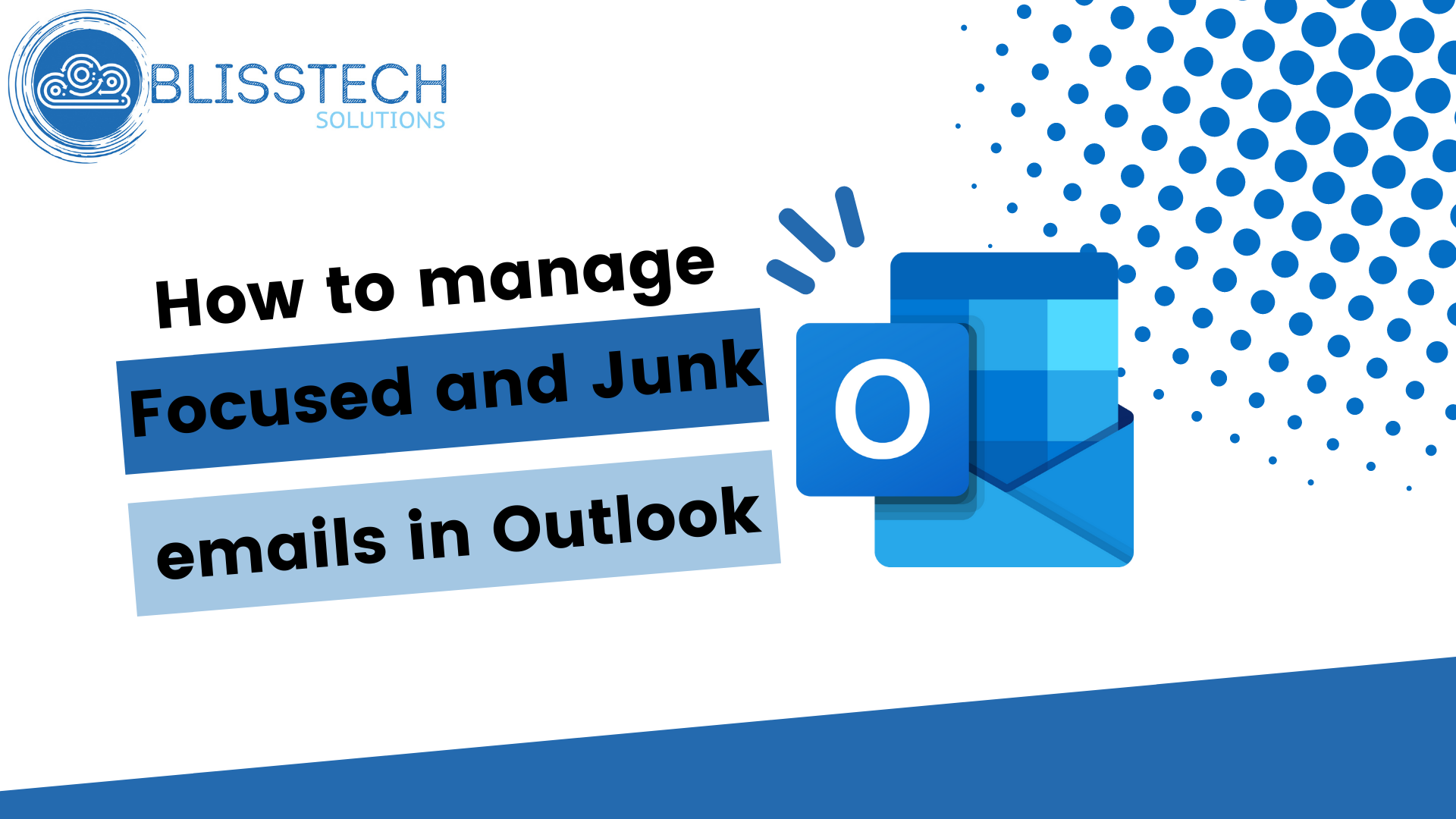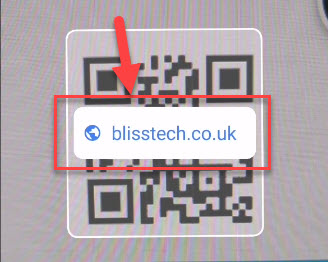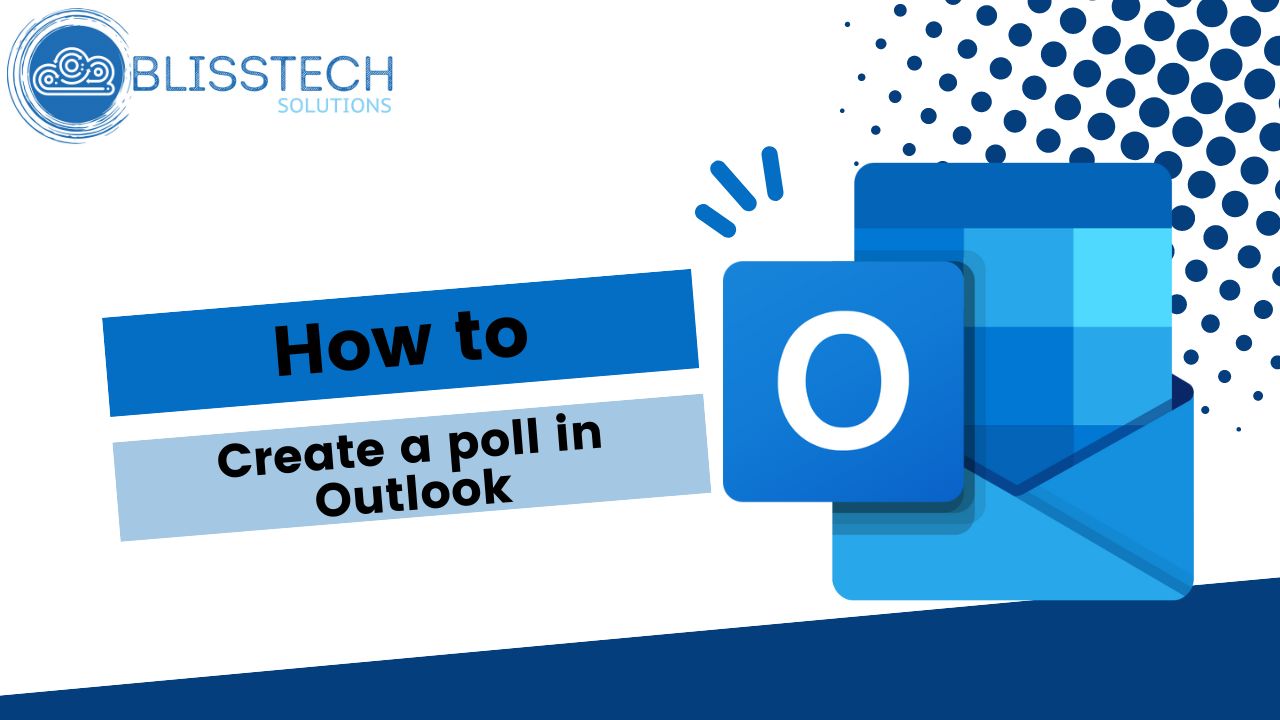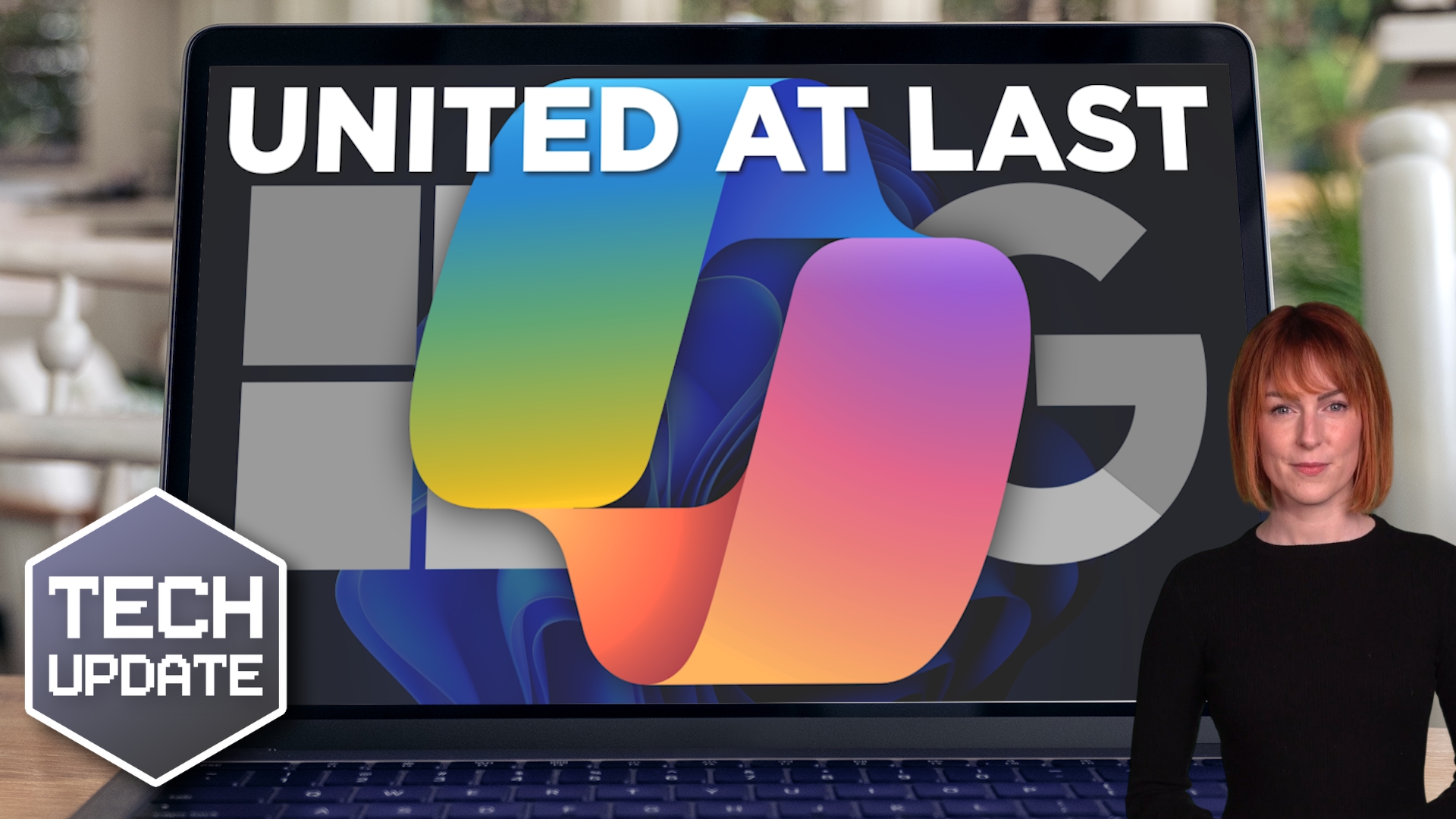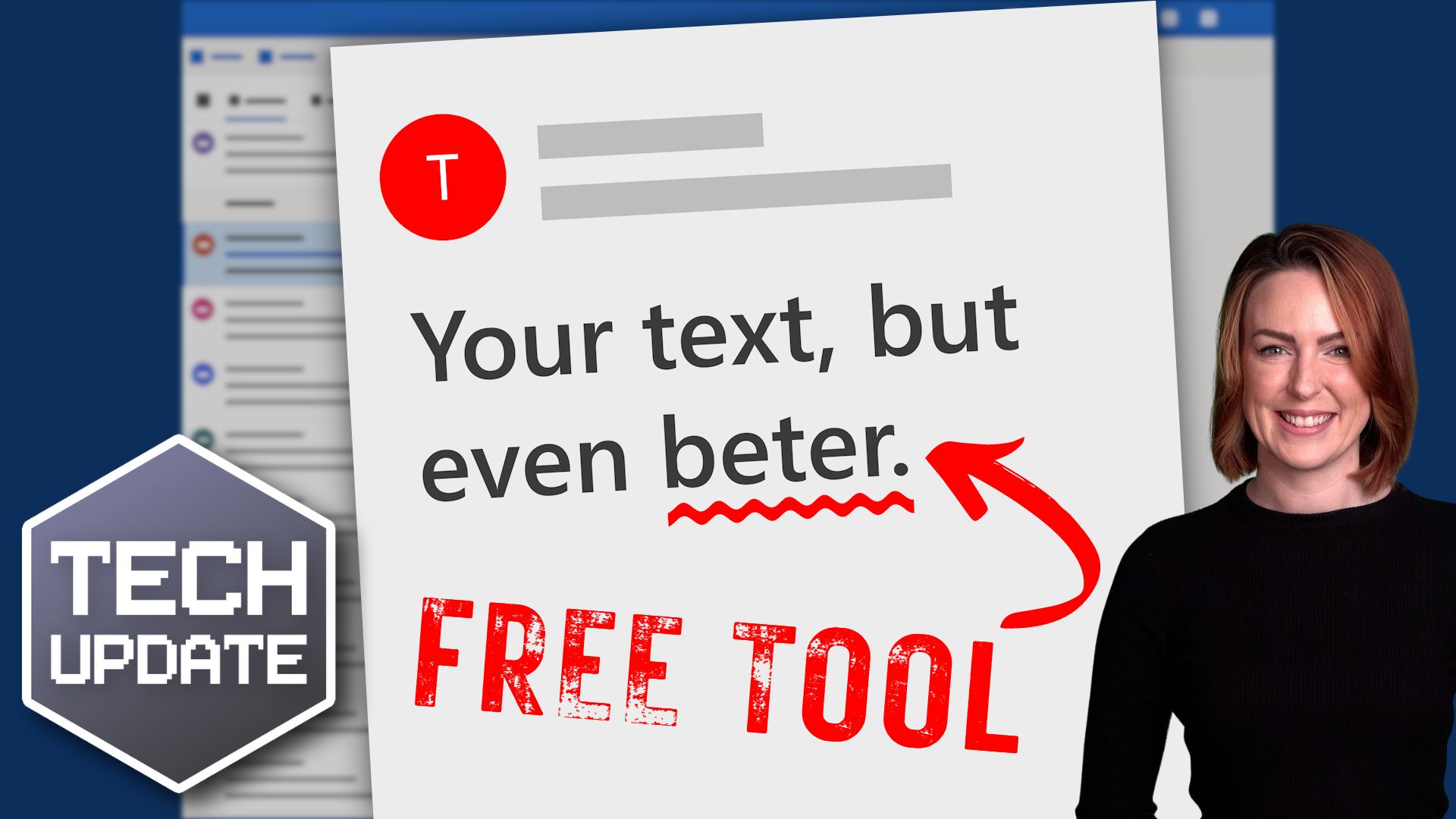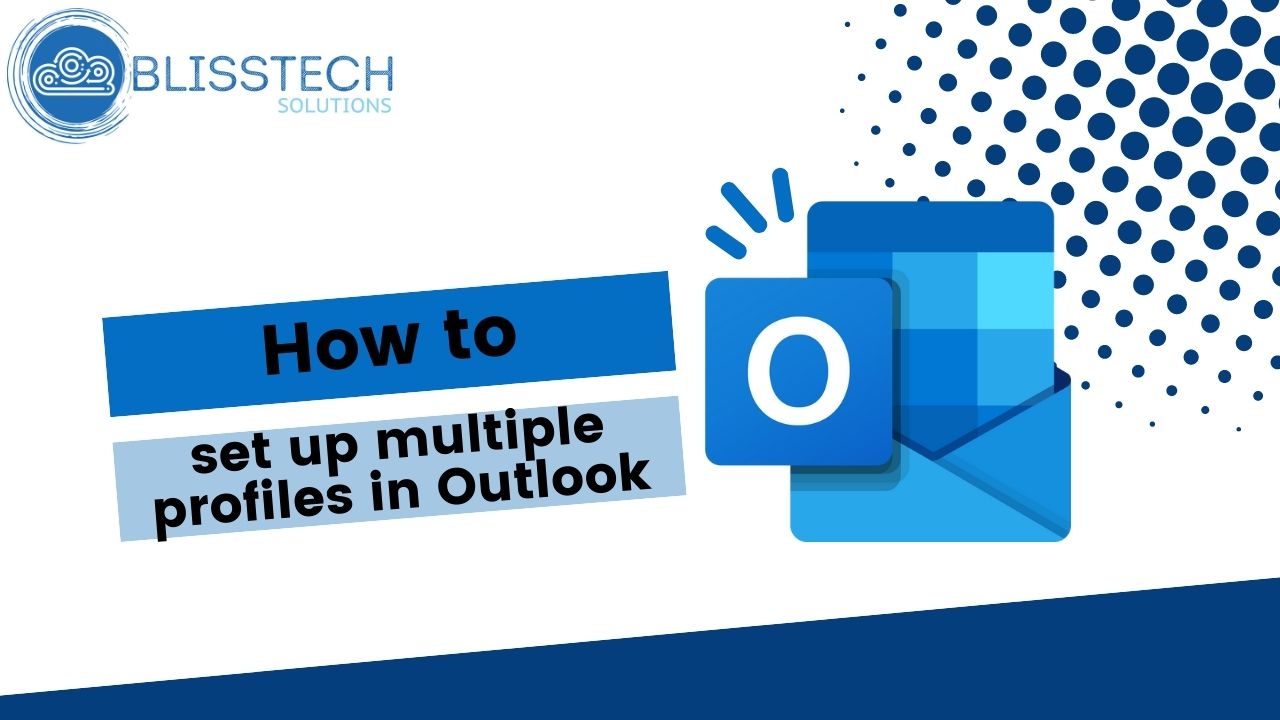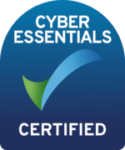It is hard enough running a business without having to worry about how to ensure your computer systems and data are secure from bad guys. To help you out, we have put together a list of the top 7 things that you should do to secure your small business IT systems.
1. Educate Your Users
Your employees are the first and last line of defence when it comes to securing your small businesses IT. They are the ones who will click on suspicious links, or download dodgy software from the internet, unless they are properly educated. Threats from phishing and other scams are at an all-time high, with hackers trying to take advantage of people’s fears, curiosity or greed.
Employees need to be educated now more than ever. Protection for the human layer comes down to training and education. Following the training, you need to keep users on their toes. There are services available that can automate this, such as phishing simulators which will send pretend phishing emails to your users and inform you who clicked on them so you can target additional training.
2. Enable Multi-Factor Authentication
Multi-Factor Authentication (MFA, but also known as 2FA) is a very effective way to secure your small business IT. It works by adding an additional ‘factor’ to the login, in addition to the password. This ‘factor’ is usually something that you have, such as a mobile phone, email address, or security token that provides and an extra code needed to log in. You may be familiar with using this as it has become very popular recently, being used by banks, the UK Government website and many more. You should turn on MFA to any critical system exposed to the internet. This includes, but is not limited to, VPN, email, CRM, accounting system, and any other cloud-based system used to run your business. If you use a solution like Microsoft Intune, you can mandate that MFA be required as a condition to accessing any corporate resources with a personal device.
3. Update Your Systems
Having endpoint software up to date is key to ensuring that they are protected from known vulnerabilities and malware. Having a strategy and systems in place to check and enforce encryption policies, anti-virus, Windows and other software updates means you know that your users’ endpoints are up-to-date and protected as much as possible.
4. Use a modern antivirus system
Free antivirus solutions cannot offer you the protection that paid-for solutions can offer. When you pay for an antivirus solution you get additional features such as Artificial Intelligence that can detect unknown viruses based on the behaviour or characteristics of a file. Enterprise antivirus solutions include centralised management consoles that allow you, or your support provider, to quickly get an overview of the security posture of your organisation. The best solutions will also include the ability to track the execution of malware and see what it actually tried to do; which files it touched and if it attempted to infect other computers on your network.
5. Encrypt your hard disk
Encrypting your hard disks is especially important if you hold any sensitive or personally identifiable information on your systems. Without disk encryption, the files on your computer can be read very easily should the system fall into the wrong hands. Windows 10 Pro and Mac OSX include disk encryption free of charge. This can be centrally managed by your IT service provider if they have the right tools. This ensures that all of your system’s hard disks are encrypted, and that the recovery keys for those discs are centrally managed in case the decryption key or password is lost.
6. Install a unified threat management firewall (UTM)
The broadband router that you get with your Internet service provider comes with a very basic firewall. However, this provides only very basic protection for the systems on your business network. A UTM firewall includes several layers of security solutions that help to protect your network. These include an enterprise-class firewall, intrusion prevention system, network antivirus, denial of service protection, and web and email protection. The best solutions will integrate with your enterprise antivirus solution, working together to intelligently protect your systems from threats.
7. Deploy a VPN
A VPN enables employees to make a secure connection into your internal network from anywhere. The connection is encrypted between the remote computer and network so it can safely be used without fear of snooping. For the employee, it can appear to them as if they were connected directly to the internal business network. You should consider adding multi-factor authentication to ensure that, if a user’s password is compromised, the connection is still protected.
We can help
If you need any assistance with remote working, or remote working more securely, please call us on 01299 382 321 or get in touch through the website.
